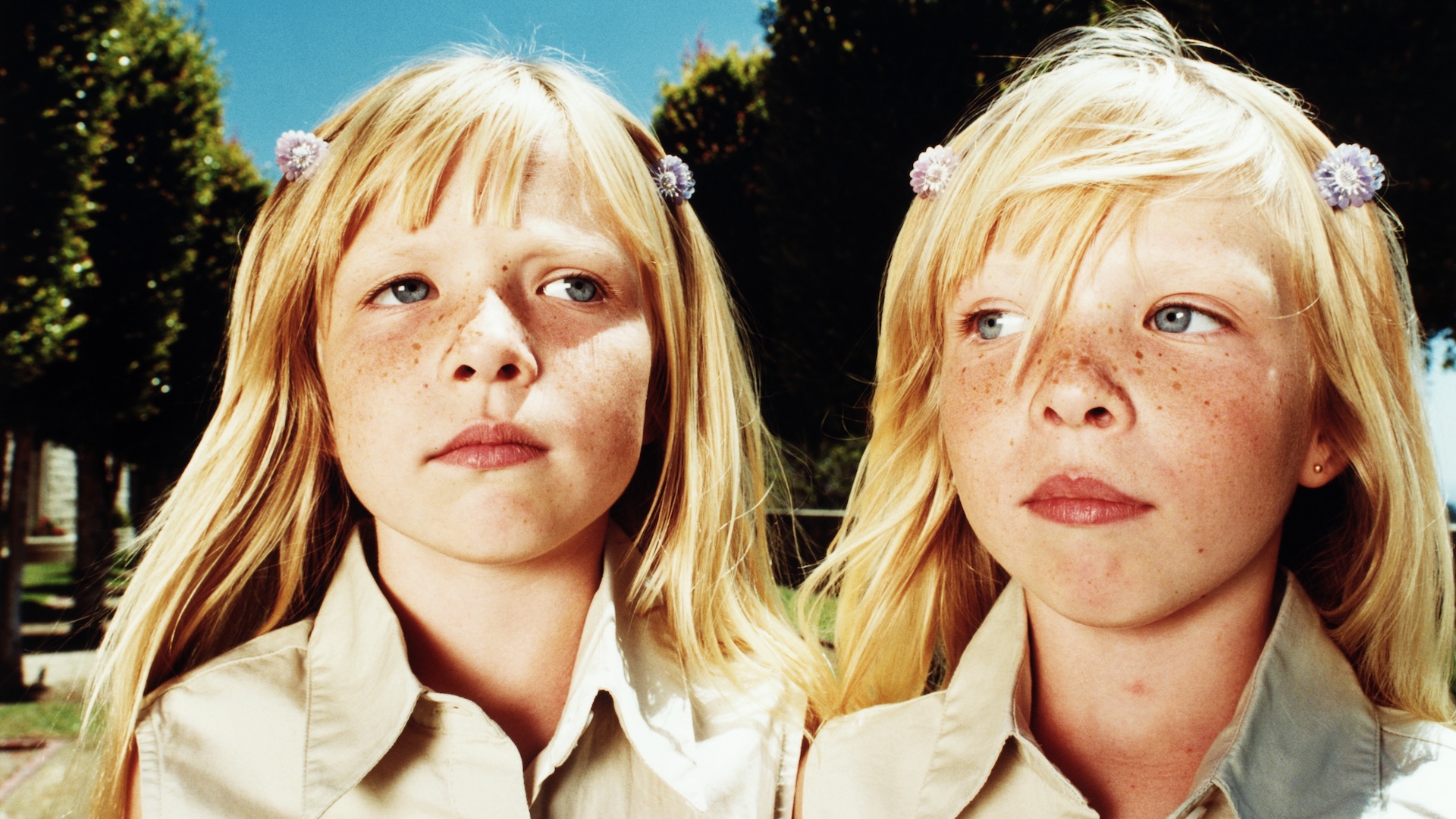ps3 philippines price
 ps3 philippines price
ps3 philippines price
Zain showcases leadership in tech at NEXUS 2024None
The Mexico-set musical drama, about a feared drug lord who undergoes gender-affirming surgery, clinched the best film, director, screenwriter and actress prizes, in addition to its previously announced editing prize. Receiving the first prize of the evening, for European director, Audiard said he had prepared no fewer than three speeches. “I was being very optimistic,” he joked. Accepting the best director award he quoted British paediatrician and psychoanalyst Donald Winnicott’s famous phrase: “It is a joy to be hidden, and disaster not to be found,” and thanked the Academy for recognising him. Later in the evening, receiving the screenwriting prize, Audiard dedicated it to French-Danish actor Niels Arestrup, who he directed in and and who died last week. Additionally, ’s breakout star Karla Sofía Gascón won the best actress prize. “Thank you to the best European director for making the best European actress – thank you Jacques,” said Gascón. One of the big surprises of the evening was newcomer Abou Sangare’s best actor win for his part in in a category that also included hotly tipped names such as Ralph Fiennes for and Daniel Craig for Sangare plays a Guinean asylum seeker who tries to work the gig economy on the streets of Paris in the drama which premiered in Cannes’ Certain Regard, winning the jury prize and earning Sangare a best actor award. Political ceremony A politically charged awards ceremony began with an introduction by Oscar winning actress Juliette Binoche, the new president of the European Film Academy. She said that film is a way to enlighten each other and open up to differences. “The European Film Academy is a great symbol to that dream. Our artistic reunion includes Palestine, Israel, Ukraine, Russia, Turkey, Georgia and many other countries. We are here to share our work with care and respect.” The documentary prize was won by about the Israeli demolition of villages in Masafer Yatta in the West Bank. It is the latest in a string of wins for Berlinale premiere which in the past weeks has also won documentary prizes at the New York Film Critics Circle and the Gothams. Two of its co-directors - Israeli journalist Yuval Abraham and Palestinian activist Basel Adra – accepted the reward remotely by video feed. Adra said it was very hard to celebrate the award at a time when “the occupation is committing a genocide against my people,” while Abraham said ethnic cleansing was being carried out against the Palestinian people in Gaza. Addressing European governments, Abraham said: “It’s not enough to demand a ceasefire. A ceasefire needs to be imposed.” As they finished their acceptance speech, a shout of “Free Palestine” rang out in the auditorium. There was an added political dimension to the documentary prize category, which was presented by Belarusian filmmaker and activist Andrei Gnyot. The European Film Academy campaigned this year to prevent him being extradited back to Belarus. “Due to open letters from European film community I was freed. You cannot imagine my gratitude...you have to understand that you saved my life, that is why I am here now.” The animation prize was won by director Gints Zilbalodis’s It is the latest prize for the Latvian film, which is building real awards momentum. Earlier this week it also won best animation at the New York Film Critics Circle. debuted in Cannes’ Un Certain Regard and went on to screen at Annecy, where it won four prizes including the competition jury and audience award. During the ceremony, Italian actress and filmmaker Isabella Rossellini received the European Achievement In World Cinema award, while German filmmaker Wim Wenders was awarded the European Lifetime Achievement prize, and Macedonian producer Labina Mitovska was honoured with the Eurimages International Co-Production award. Kôji Yakusho, who starred as a public toilet cleaner in Wenders’ recent hit film appeared in a video tribute to the director. Branding a toilet brush, he joked that he would clean Wenders’ toilet to celebrate his victory. In his acceptance speech, Wenders urged the audience to serve the European film community. “Europe needs you, the film community, to produce to a more positive and emotional image of a continent that is a little bit lost in translation, because too many people think of it as an economic or financial community. But it is an emotional unity. It gives us strength and we should give it strength.” This year’s ceremony took place at the KKL concert hall Lucerne, Switzerland and was hosted by Swiss voiceover actor Fernando Tiberini. Switzerland is a four-language country and Tiberini billed this year’s EFAs as multilingual awards show. He encouraged winners to speak in own language when accepting awards; their words were interpreted live in English. “Come up on stage and be yourselves,” he said. Winners in bold




